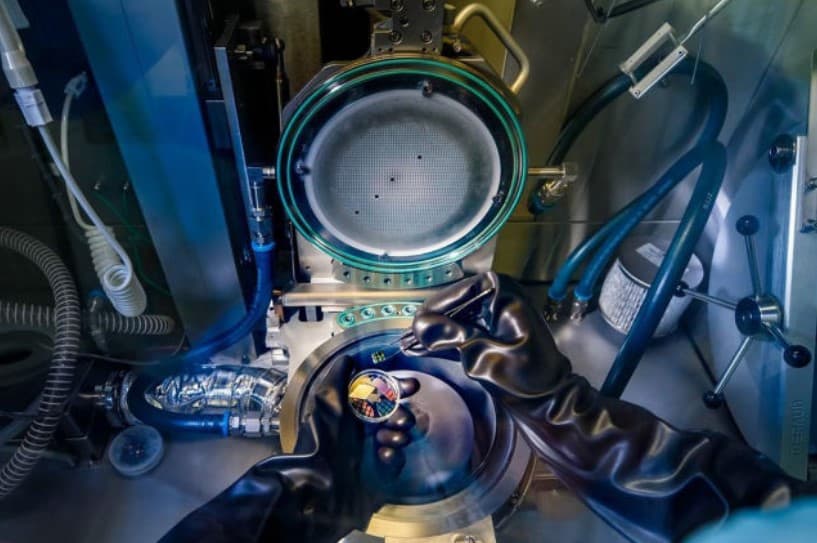The push for ever-smaller chips has been running into more and more obstacles, including the very limits of silicon — while optical connections would allow for denser, speedier processors by eliminating heat and energy issues, silicon is lousy at emitting light. Or rather, it was. Eindhoven University of Technology researchers have developed what they say is the first silicon alloy that can emit light. The breakthrough is a mix of silicon and germanium in a hexagonal structure that allows a band gap (and thus emitting light).
Scientists have been pursuing this for about 50 years, the university said, and a team created hexagonal silicon back in 2015. However, they couldn’t get the result to emit light until now, when they reduced the number of impurities and defects.
The team still needs to produce a laser before they have technology that could be used in chips, and there would still be plenty of refinement left before you would see this in shipping electronics. That laser is expected in 2020, though. And this latest development was arguably the largest hurdle. From now on, the main challenge is making the technology practical.

